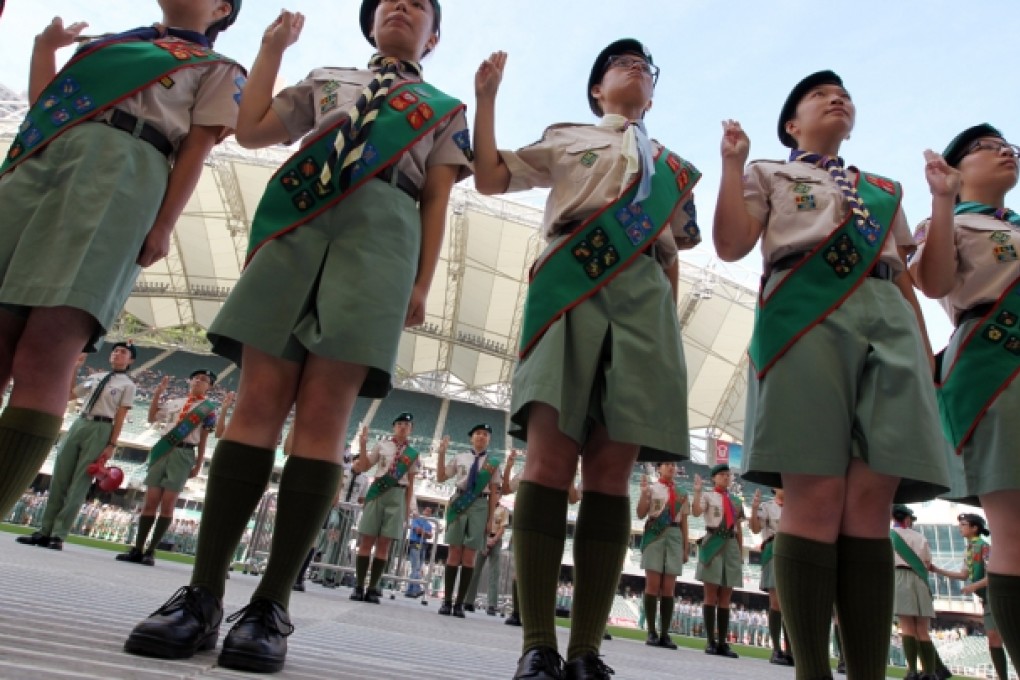Clarifying policy on recreational leases
I would like to clarify a couple of possible misconceptions that could arise from your editorial ("Private clubs still getting easy ride", June 20). First, your editorial refers to "some 70 clubs" occupying land under the current policy for recreational leases.

I would like to clarify a couple of possible misconceptions that could arise from your editorial ("Private clubs still getting easy ride", June 20).
First, your editorial refers to "some 70 clubs" occupying land under the current policy for recreational leases. In fact, there are at present a total of 69 venues, managed by 49 separate organisations, operating under private recreational leases.
Of these organisations, many are non-government agencies such as the Po Leung Kuk and the Chinese YMCA, or uniformed groups such as the Hong Kong Girl Guides Association and the Scout Association of Hong Kong.
Other lessees include sports organisations such as the Hong Kong, China Rowing Association and the Yuen Long District Sports Association.
Of the 49 organisations operating facilities under these leases, 27 might reasonably be described as "private recreation clubs", most of which have a single venue.
Many of these clubs have invested in facilities and run training programmes for members and non-members alike, without which some sports would not have had the chance to develop in Hong Kong.